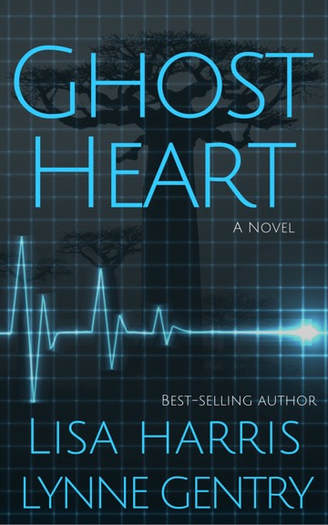 Interview by Brock Eastman Featuring Ghost Heart A brilliant transplant surgeon. A rogue organ broker. A ghost child. And the legend that could destroy them all. A brutal murder convinces surgeon Mia Kendall there’s more than she imagined to the mysterious spike in heart transplant rejections. Determined to find answers before she loses another patient, Mia gets sucked into a dangerous international medical web. With time running out for her youngest transplant recipient, Mia is forced to partner with a disillusioned ex-military pilot who flies brokered organs across East Africa. But searching for the truth will prove costly for the unlikely duo racing to stop a madman before he annihilates a rare and cursed bloodline. From best-selling author Lisa Harris and award-winning author Lynne Gentry comes a chilling, hypnotic medical thriller that will take you from the suburbs of Cincinnati to the jungles of Africa. "Ghost Heart delivers on every level! What a romantic, adventurous ride!!! This well-plotted action-packed thriller had me glued to the pages." ~Elizabeth Goddard, award winning author of Targeted for Murder Brock: How did you come up with the idea for Ghost Heart? Lisa: Just over a decade ago, a newspaper picture of a terrified albino caught Lynne’s attention. As she read about the horrors these fragile people face, she couldn’t believe such evil existed in the world. She called me because I live in Africa and asked me to find out if what she’d read was true. To be honest, until Lynne wrote to me about the article she’d read, I’d never heard of these barbaric crimes. But after doing some further research, I discovered that what she’d read was true. Once we learned that the witch doctors use the pale skin and hair of these fragile people to make good luck charms and potions, we knew we had to tell their story. Brock: True, many people from history have stories that have to be told. Tell us about the main characters. Who are they? What makes them unique? Lynne: Dr. Mia Kendall is an American transplant surgeon who moves to Africa to find herself in the surgical ward of a government hospital and in training health workers in rural communities. She longs for a life purpose that goes beyond the lucrative medical practice her father offered her. Both brilliant and beautiful, she fears the senseless and ugly side of love, and hopes that giving her heart to the poor will be her salvation. Race Daniels left America to lose himself in Africa. An ex-military pilot, he wants to get even with God, his country, and the medical community who failed his wife. Smart and cocky, he justifies his transport of brokered organs because the dying are being saved. But when this Midwestern son of a Nebraska farmer learns what’s really in his organ transplant coolers, he will have a hard time forsaking his moral roots. Brock: Give us one fact about each main character that no one else knows. Lisa: We made out some pretty extensive character profiles when we started the book. Here’s a couple that didn’t make it into the book. Race has a scar in his chin that he got in a bar room fight while in the Academy. As for Mia, she’s book smart brilliant, but not always common sense smart and is somewhat naïve about people. Brock: Love working on character development. In three sentences, what is this book about? Ghost Heart will take the reader on a death-defying adventure from the center of the American heartland to the treacherous African wilds. This glimpse into the potential for good or evil lurking beneath the surface of everyone's skin ends in a final confrontation which will either stop a madman or annihilate an entire people. Brock: Do you outline the entire book before starting, or do you write as you go and let the characters take control of the story? Lisa: Because we were co-writing this book, we did a lot of planning up front including an outline and in-depth character profiles. Then as we wrote the story, we continued to keep track and rework the storyline so it would come together in the end. Brock: How do you believe this story relates to the lives of readers? Lynne: We wanted to explore the reality that no matter who we are or where we come from, beneath the color of our skin we are all alike. And I believe that’s something everyone can relate to. Brock: Yes, we can. What is your favorite genre to write for? Lisa: While Lynne has written a time travel series as well as contemporary small town series, I write romantic suspense which is definitely my favorite. Brock: Any certain research required for the book, or is it all from your imagination? Lisa: We spent a lot of time researching everything from heart issues, to the black market organ trade, to the albino issues. So yes, lots of research—along with a lot of imagination of course! Brock: How much leeway do you gives yourself with facts in a Historical Thriller? Lynne: With this thriller, we tried to stay as accurate as we could with the facts. That’s why we did do so much research. So while something like this probably wouldn’t happen, it definitely could. Brock: Where do you like to write? Lynne: I have a cozy office, but when I need a change of pace, I love to sit outside. Especially, if I can find a place near the water. Lisa: I don’t have an office, so I tend to move around with my lap top. I usually sit either at the dinning room table or in a comfy chair in my room. Brock: Nice! What do you hope readers take away from the series? Lynne: Beneath the color of our skin we are all alike. Because my novels always speak to the intrinsic worth of each of us, I long for the day we can all learn to look past outward appearances. Lisa: In most of my suspense novels, I turn to real life events that affect our world today. In highlighting things—like the issues facing albinos today, I hope that people will step up and get involved in their own communities and make a difference. Brock: In what ways does your faith impact how you approach writing? Lynne: I believe our faith is built in the dark, during times of foggy uncertainty when we cannot see what lies ahead. While not knowing the future can be terrifying, it has been in the valleys that I have felt God’s presence more than ever. I don’t have all the answers when it comes to faith, but I know God is using my struggles to make me into the person he had planned. Because I believe all of us are a work-in-progress, so to speak, I try to bring that hope to the struggling characters in my stories. Lisa: My faith is always a part of the stories I write. And while it isn’t always overt, I often weave in issues I’m dealing with in real life. Brock: Very true. Coke or Pepsi? Lynne: Coke Lisa: Neither (I don’t drink soda) Brock: Favorite season? Lynne: I love fall. The smell of chili in the crock pot and a fire in the fireplace. Lisa: We don’t have fall where I live in Mozambique, which means it primarily either really hot in the summer or almost perfect temperatures in the winter. So my favorite is definitely our winter. Brock: Do you have a favorite Bible verse? Lynne: Isa. 43 has sustained me on many occasions. Here’s my favorite snippet: “Behold, I am doing a new thing … making a way in the desert … streams in the wasteland so I can proclaim his praise. Lisa: I love this reminder from 2 Corinthians 4:17 that says “ For our light and momentary troubles are achieving for us an eternal glory that far outweighs them all.” Brock: Why did you feel that writing about the atrocities happening to albinos was a story that needed to be told? Lynne: We both have a heart for those suffering prejudice and discrimination. People with albinism are not ghosts. They are human beings. Lisa: And this issue goes far beyond the horrors facing albinos. All around the world people are discriminated against. Sometimes it’s for the color of their skin. Other times it’s for their faith or beliefs. But in the end, we are all human beings and we all bleed the same color. Brock: How does co-writing a book differ from writing your own story? Lynne: There is a creative give and take that makes the storytelling process more difficult, but in the end we believe also makes the story more powerful. Lisa: This was the first time I’d ever done anything like this, but while it was challenging, it was also a huge blessing to me. It allowed us to each take our strengths and put them together, while also learning from each other.
1 Comment
I need your help in creating more fiction. I've launched Crimson Pulse Media LLC, a media company focused on creating engaging adventure filled fiction for your family. We've got brand new series planned. Take a look at our release schedule HERE>>> Publishing takes time and costs money. That's where I need you to step up and come along side me and the amazing authors and editors that Crimson Pulse Media is working with. Would you consider a small monthly donation of $3? You'll get some cool new rewards, which include an e-copy of every Crimson Pulse Release. Plus if you upgrade to $8 a month, you'll get one Crimson Pulse paperback of your choice every Christmas! These titles already came out in 2017 & so far in 2018. You'll get e-books of each of title FREE when you become a patron.Crimson Pulse Media is already off and running, but we need you to keep going. Your support will fuel us to keep producing awesome new stories for years to come.
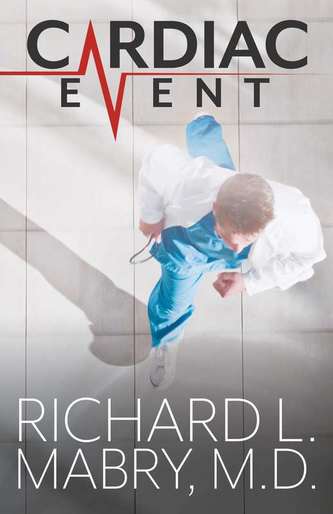 Interview by Brock Eastman Featuring Cardiac Event Cardiologist Dr. Kirk Martin continually crosses swords with Dr. Cliff Hamilton, so he is surprised when Hamilton asks him to care for him after a heart attack. When he is ready for discharge, Hamilton is found dead in his hospital bed, and Martin is suspected of murdering him. After another doctor is found shot to death, Martin’s girlfriend, nurse Janet Rush, reminds him to be careful because he may be next. Can he save his own life while searching for the identity of the real murderer? “There is so much action in his latest release, with just the right amount of romance, it makes it hard to go on without finishing one more chapter.” Romantic Times, 4 ½ stars, “Top Pick” Brock: How did you come up with the idea for this book? RLM: I was thinking about the various medical specialists who literally hold a patient’s life in their hands with certain procedures. One of these is the interventional cardiologist who performs cardiac catheterizations, inserts stents, uses balloons to dilate obstructed coronary arteries, etc. Then, as novelists do, I asked myself a question: “What would a cardiologist do if he had another doctor on the table, one with whom he had major differences? Would he be tempted to let something bad happen to them? And what if the patient died? Would the cardiologist be investigated as a murderer?” Once I came up with these questions and populated the story, I was off and running with this novel. Brock: Yes, intriguing questions often inspire great book ideas. Tell us about the main characters. Who are they? What makes them unique? RLM: The protagonist is Dr. Kirk Martin, and his girlfriend/near-fiancé is nurse Janet Rush. Martin crosses swords early in the story with Dr. Cliff Hamilton. We also meet nurse Anna Scott, who figures significantly in the plot, as well as the chief of staff, Dr. Ed Bardwell and a number of other characters. Each character depicts medical professionals and the behavior they might exhibit when faced with a given situation. I suppose their uniqueness lies in the fact that the reader need not suspend disbelief when they encounter their actions. This could have happened. Brock: Give us one fact about each main character that no one else knows. RLM: Dr. Kirk Martin has wanted to be a doctor since his teens, but he didn’t choose cardiology until he was a sophomore in med school. Nurse Janet Martin loves her work, but she longs for the day she can become a full-time wife and mother. Brock: In three sentences, what is this book about? RLM: How about one sentence? A doctor takes on the responsibility of caring for a colleague he doesn’t like, but when that colleague dies, the treating doctor is a suspect in his murder. Brock: Do you outline the entire book before starting, or do you write as you go and let the characters take control of the story? RLM: I’ve always written “by the seat of my pants” so far as the flow of the story goes, but I start with an idea—a “hook” if you will. Then I populate the story, adding more characters as things develop. And I always have what I hope is a satisfying ending in mind, although I generally don’t know who the ultimate “bad guy” will be when I start writing. Brock: How do you believe this story relates to the lives of readers? RLM: Although people enjoy reading about the inner workings of a medical practice, there’s a lot here that’s applicable to how non-medical people handle problems as well. Brock: What is your favorite genre to write for? RLM: I’m not certain if what I write is suspense or a mystery or a thriller, but it will always be medical. Brock: Where do you like to write? RLM: Although some people take their laptops and write elsewhere (porch, living room, a coffee shop) I have an office in our home, and I do all my writing there. Brock: Yes, sometimes changing your setting is the key to get your creative juices flowing. Are you a full-time or part-time author? RLM: I’m not sure it’s possible to be a part-timer in this profession, because of the time necessary in marketing and writing the next book, but if there’s such a thing as a part-time author then I’m one. Brock: I can understand that. How long does it usually take you to write a single book? RLM: I usually can finish writing a novel in six to eight months. Novellas are shorter, but I find them harder to write, so they take about six months as well. Brock: What is your "how I got published" story? RLM: Although I wrote or edited a number of textbooks while practicing medicine, I had no ideas about writing outside that activity. But after the death of my first wife, I wanted to turn my journaling into a book to help those going through the same experience… but I had no idea how to do it. Finally, I attended a writer’s conference, where I not only acquired the knowledge to eventually write that non-fiction book (The Tender Scar: Life After The Death Of A Spouse, which is still in print after a decade), but was challenged by a couple of authors to try my hand at fiction. After four years writing four novels that garnered forty rejections, I got my first contract for a novel. I’ve now had eleven novels and three novellas published, the most recent one being Cardiac Event. Brock: What is the one author, living or dead, who you would co-write a book with and why? RLM: I’d probably team up with the late Robert B. Parker, because he wrote clean, simple declarative sentences and kept the reader guessing until the end, both of them things I try to do as well. Brock: Describe your feelings when you opened the box and saw the first published copies of your very first book? RLM: “Wow!” Brock: Coke or Pepsi? RLM: Dr Pepper (this is Texas)—when that’s not a choice, Coke. Brock: Soft shell or hard shell tacos? RLM: Soft shell. Brock: Favorite place to vacation? RLM: Although we’ve loved many places we’ve gone (especially the Black Forest of Germany overseas, North Carolina here in the US), lately I’ve found myself thinking, “There’s no place like home.” Brock: Favorite season? RLM: Spring (golf, baseball, moderate temperatures … need I say more?) Brock: Do you have a particular drink or food you consume when you write? Like coco, raspberry tea, animal crackers? RLM: Mid-morning, I take a break for an energy drink, often blended with various fruits. Brock: Favorite color? RLM: Blue Brock: Do you have a favorite Bible verse? RLM: Psalm 139, especially verse 4: “Even before there is a word on my tongue, behold, O Lord, You know it all.” Brock: A beautiful verse indeed! Do you listen to music while you write? If so, what are some examples? RLM: No, I find myself getting involved in the music instead of writing, so I want quiet. Brock: Yes, it can be distracting at times. What might our audience not know about you? RLM: I played semi-pro baseball. (I could throw a curve ball but not hit one, so that career path was a dead end). And while in the Air Force I participated in a helicopter rescue, even though I’m afraid of heights. Brock: If you weren’t a physician or a writer, what career path would you have followed? RLM: In high school, I thought briefly about going to law school. I might have made a decent jurist, but the everyday practice of law probably wouldn’t work for me. 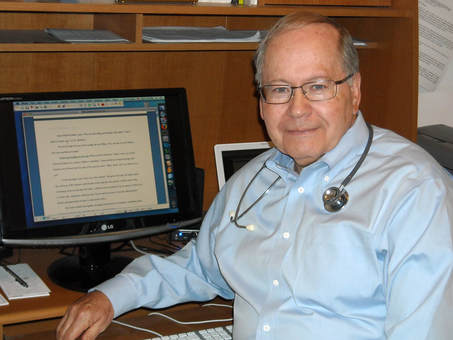 Author Website: http://rmabry.com and http://rmabry.blogspot.com Author Facebook: http://facebook.com/rmabrybooks Author Twitter: http://twitter.com/RichardMabry Author Pinterest: http://pinterest.com/RichardMabry |
Follow meArchives
May 2024
Categories
All
|
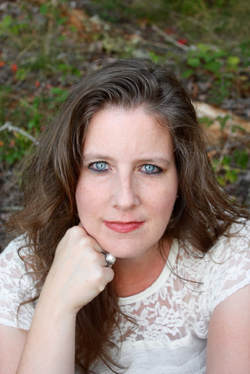
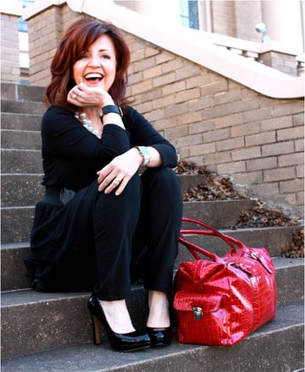
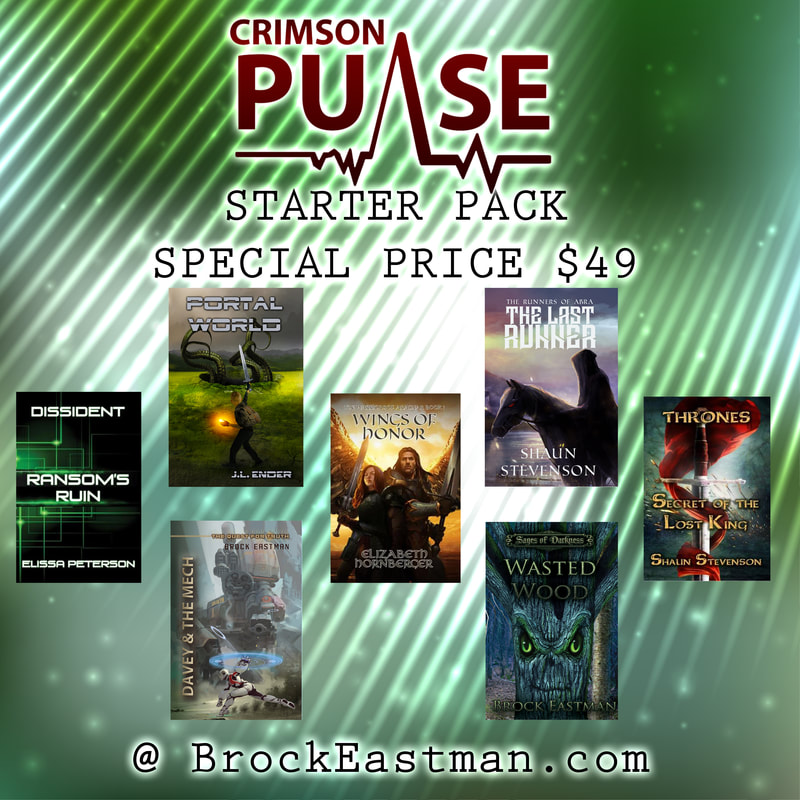
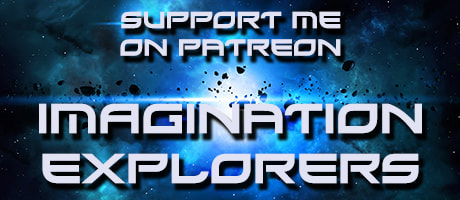
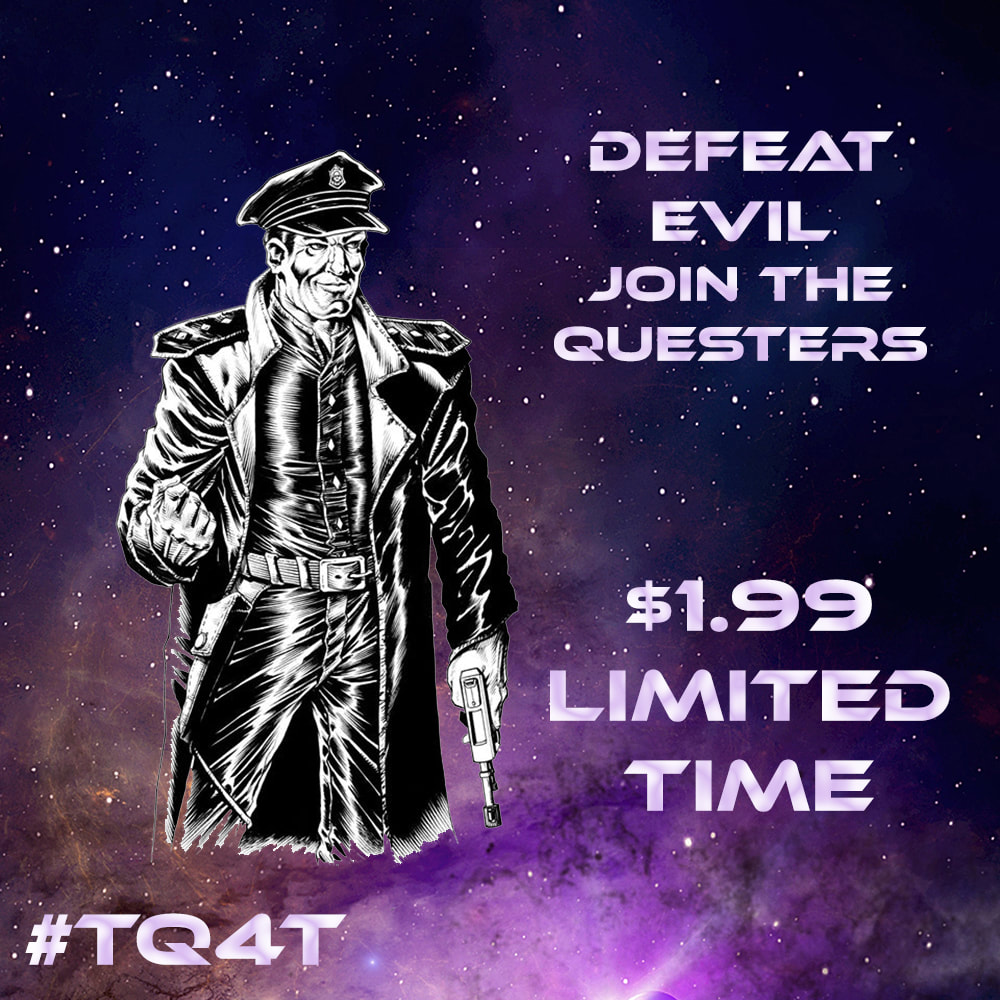
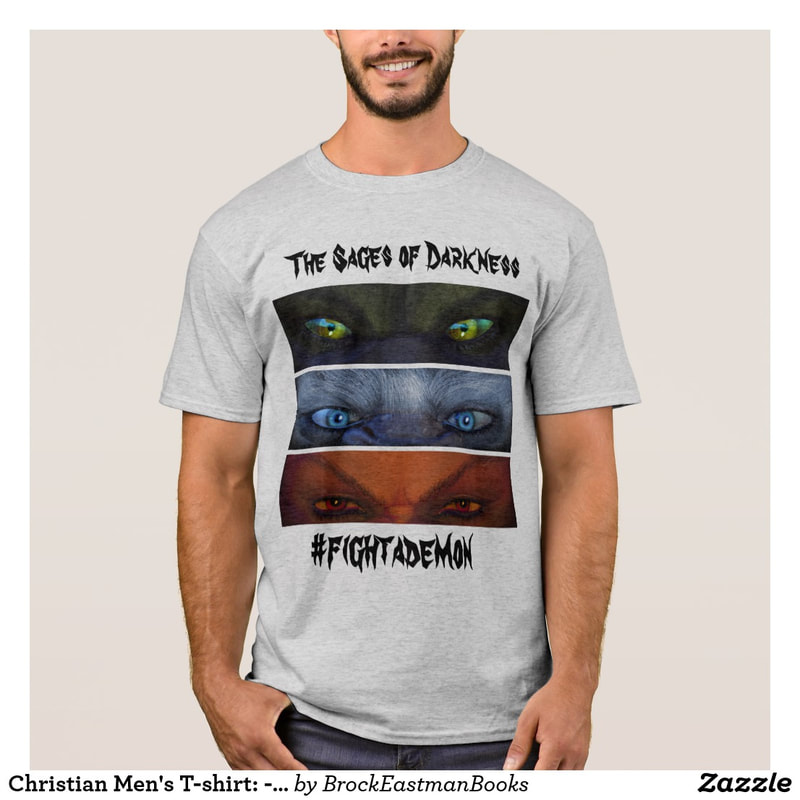

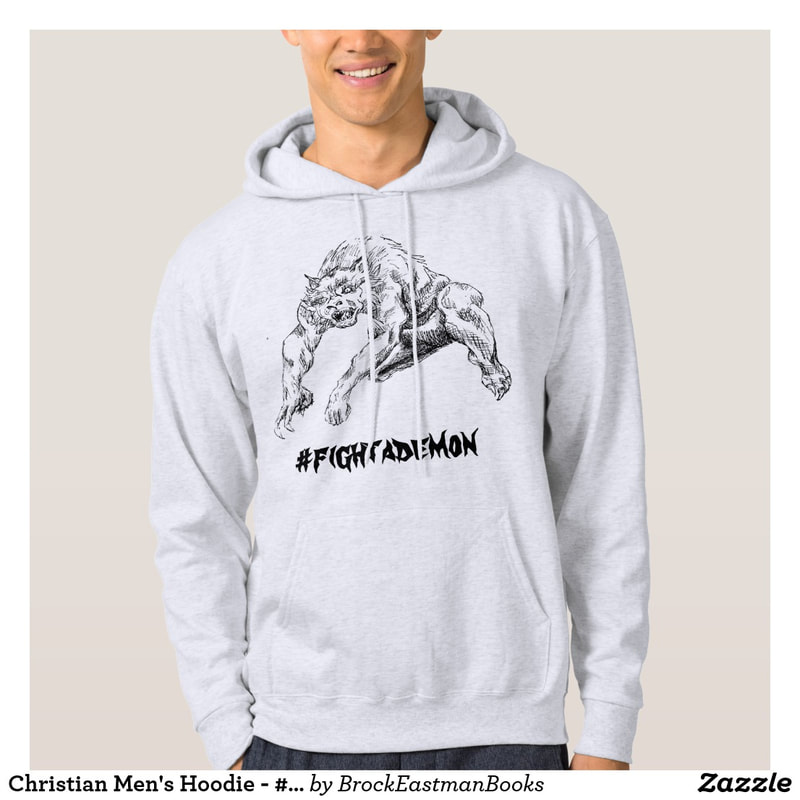

 RSS Feed
RSS Feed